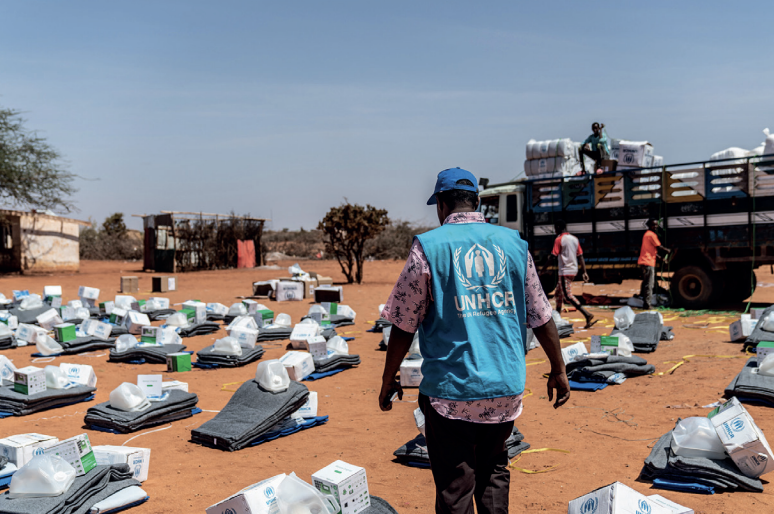Shifting sands: Iran, the Axis of Resistance, and the war in Gaza
Shifting sands: Iran, the Axis of Resistance, and the war in Gaza – Q&A with Dr. Fatima Moussaoui
Time for change: the normalization of corruption and diversion in the humanitarian sector
Although the aid sector often treats corruption and diversion as an anomaly, they are pervasive, systemic and often unwittingly perpetuated by standard aid sector practices. Drawing primarily on evidence from Somalia and Afghanistan (with reference to other contexts), this paper explores the specific aid practices that enable and perpetuate corruption and diversion, and what donors and implementers should be doing differently.
Citizens without states: the implications of non-recognition for people in de facto states
This paper examine the impact of non-recognition of de facto authorities on the people living in these territories. Arguing that the negative social, economic and well being impacts are profound, it urges for a re-think approaches to de facto authority.



